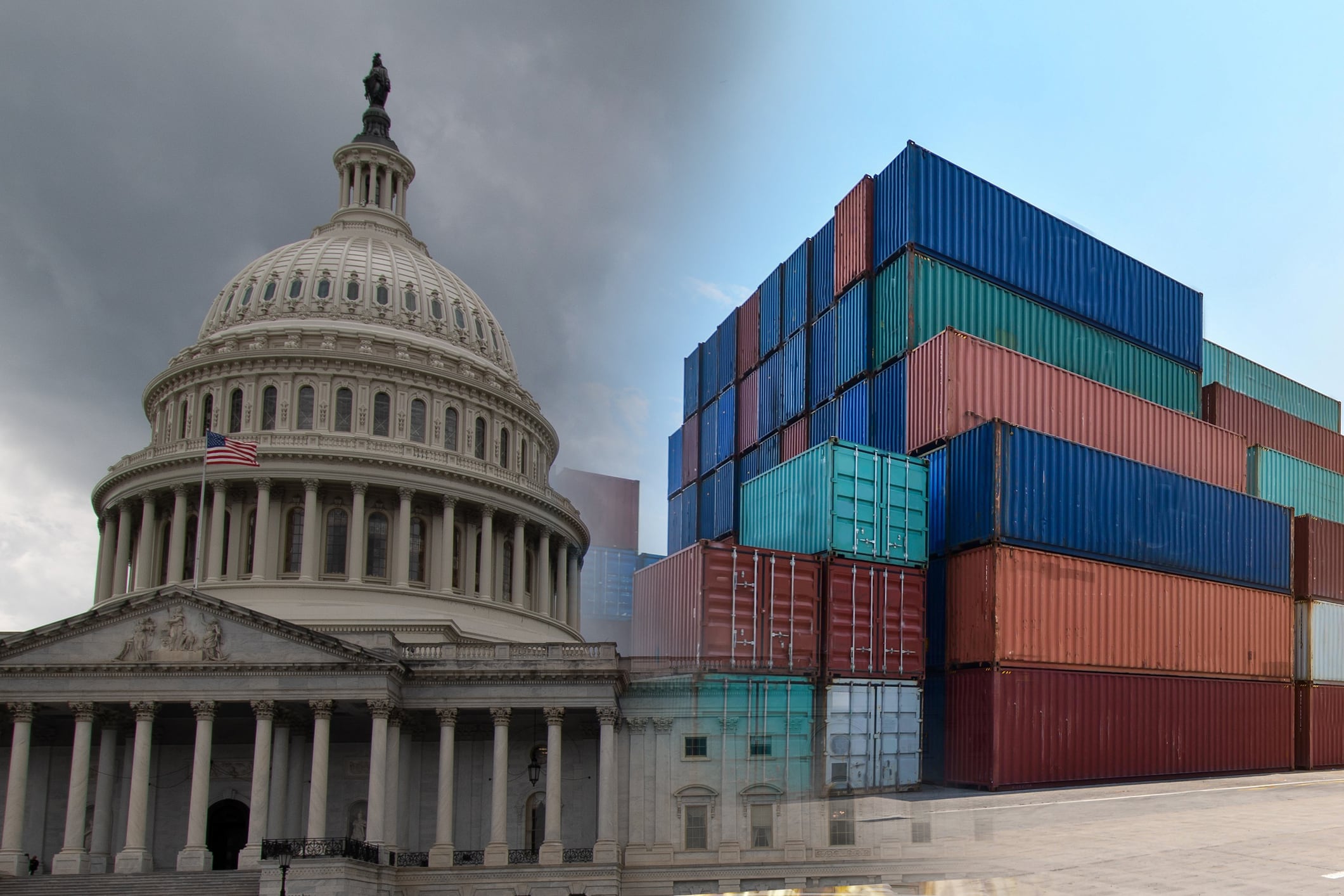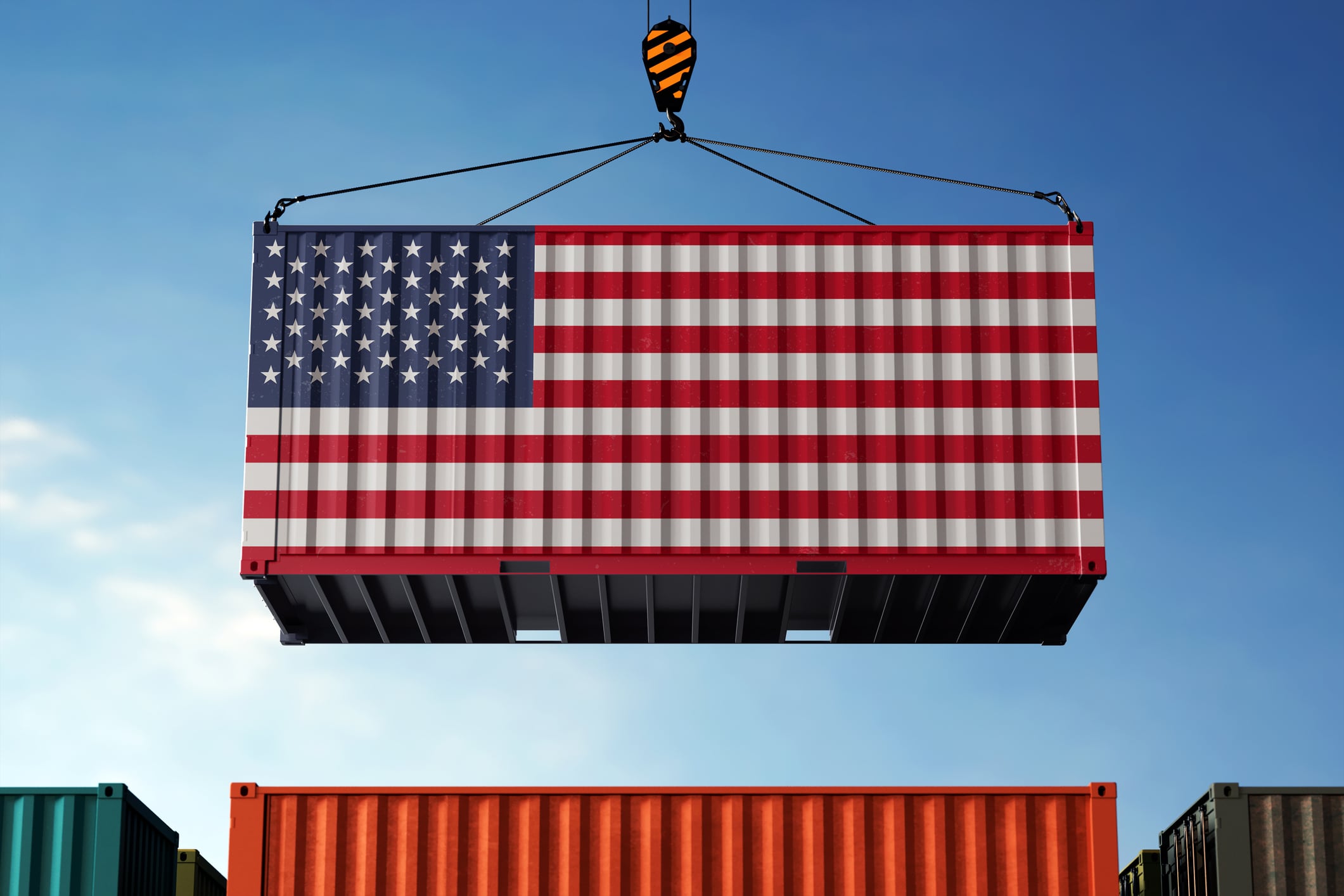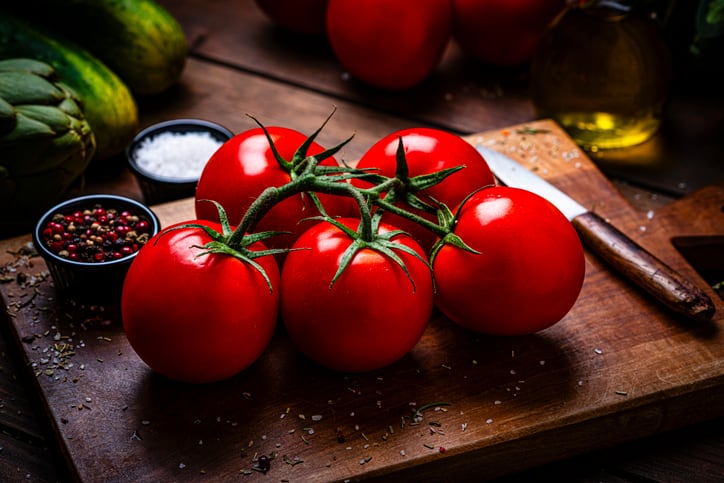President Donald Trump rolled back tariffs on coffee, avocados and hundreds of other products made outside the US in an Executive Order signed Friday that gives some reprieve for US trade partners in the agriculture sector.
Trump said in the Executive Order that the exhaustive list, which includes pharmaceutical chemicals, minerals, aircraft parts, plastics and more, focuses on “products that cannot be grown, mined or naturally produced in the United States or grown, mined or naturally produced in sufficient quantities in the United States to satisfy domestic demand.”
The Executive Order states that the tariffs are aimed at reducing the US trade deficit, which Trump declared a national emergency in April with his initial Executive Order that established a sweeping round of tariffs with US trade partners across the globe.
The initial round of tariffs prompted retaliation from the country’s closest trade allies, such as Mexico and Canada, and kicked off negotiations the administration said are aimed at reducing the US trade deficit.
“Except in rare circumstances, I will refrain from narrowing the scope of the reciprocal tariff or any relevant section 232 tariff before the conclusion of a final trade and security agreement (final agreement) between the foreign trading partner and the United States,” Trump wrote in the most recent Executive Order.
The order was signed the day after the US Bureau of Economic Analysis (BEA) released its monthly report on the trade deficit, which showed that the spread between US imports and exports had grown 32.5% month over month in July to $78.3 billion.
“Year-to-date, the goods and services deficit increased $154.3 billion, or 30.9%, from the same period in 2024. Exports increased $103.1 billion or 5.5%. Imports increased $257.5 billion or 10.9%,” according to the BEA report.
The trade deficit hit a record-breaking $1.2 trillion in 2024, and year over year, the deficit reached $1.06 trillion as of July.
Easing the trade burden
The reprieve on some tariffs was praised by the Consumer Brands Association, which represents 75 consumer packaged goods companies and more than 2,000 brands.
“As the largest domestic manufacturing sector by workforce, the consumer packaged goods industry proudly sources 90% of ingredients and inputs from American farmers and suppliers, but certain ingredients and agricultural commodities are simply unavailable domestically due to climate conditions, geography and other factors,” Consumer Brands Association President and CEO Melissa Hockstad said in a press release.
Hockstad added that now it is up to US trade partners to lift reciprocal tariffs, come to the table and make a deal.
“We also encourage the Trump administration to continually review its list of unavailable natural resources and other inputs that are not produced in adequate domestic supply, like tin mill steel,” Hockstad said on Monday. “These efforts will help protect US manufacturers and ensure the success of an America First trade policy that benefits Americans.”
Tom Madrecki, CBA executive VP of public affairs, said in an interview in August that some commodities could take a hard hit on tariffs, unless they are deemed unavailable.
“If you have Brazilian coffee, it constitutes 30-plus percent of total US supply. You can’t just swap that in, or out even, for another country that produces coffee – that’s both mathematically impossible and for reasons of growing conditions and climate conditions also impossible,” he said.
Moving parts in the tariff war
As the trade deficit grows, the Trump administration awaits word from the US Supreme Court on a lower court ruling in August that effectively blocked Trump’s tariff regime.
The US Court of Appeals for the Federal Circuit ruled on Aug. 29 that Trump improperly invoked the International Emergency Economic Powers Act (IEEPA) in April, which declared a national emergency, enabling the administration to bypass Congress, which typically enacts such tariffs.
“Congress has provided specific substantive limitations and procedural guidelines to be followed in imposing any such tariffs,” the court said. “It seems unlikely that Congress intended, in enacting IEEPA, to depart from its past practice and grant the President unlimited authority to impose tariffs.
“The statute neither mentions tariffs (or any of its synonyms) nor has procedural safeguards that contain clear limits on the President’s power to impose tariffs,” it said.




